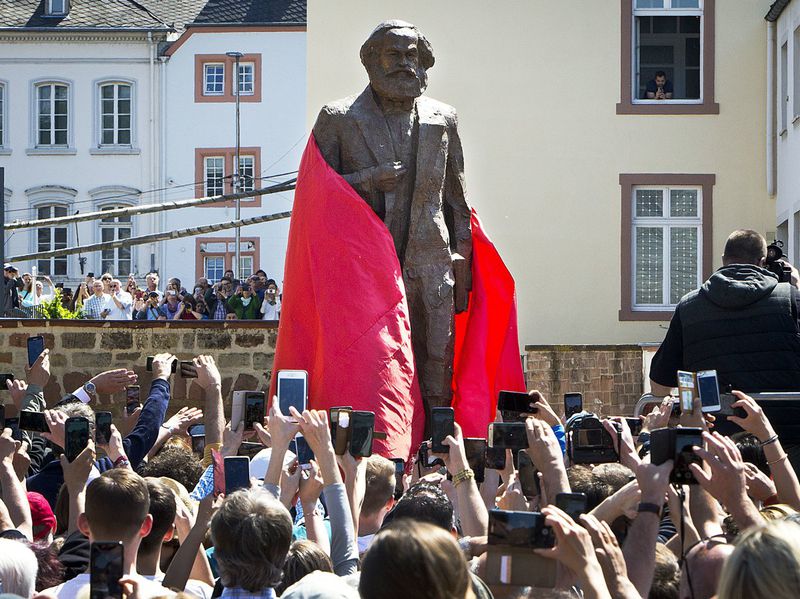DaVita clinic in Berkeley. Photo: Pratap Chatterjee
DaVita, a company that provides health care to patients with kidney problems, has agreed to pay $495 million to settle whistleblower complaints that the company conspired to overcharge the U.S. government. This is in addition to the $400 million that the company had to pay out last year.
The company traces its recent history to 1999 when a Harvard Business School graduate named Kent Thiry took over Total Renal Care (TRC) – a business on the verge of bankruptcy – and renamed it DaVita, which is Italian for “Giving Life.”
Today, DaVita operates some 2,000 clinics around the U.S. that specialize in dialysis (a method of removing waste from the blood) and treatment with medicines like Zemplar and Venofer.
In 2007, Daniel Barbir, a former clinic director for DaVita, and Dr. Alon Vainer, a medical director at DaVita, sued the company alleging that the company was working with doctors to deliberately throw away partially used medicines. The whistleblowers alleged that this allowed DaVita to increase sales and thus profits from its principal customers – Medicare and Medicaid, the two U.S. government run programs for elderly and poor people respectively.
“For example, if a patient requires this dose once per week, you d administer 100 milligrams, waste nothing and charge Medicare for 100 milligrams,” Vanier told CNN. “But what DaVita did, instead of charg(ing for) one vial, they give 50 milligrams of this vial (and) put the residual into the trash” and then open up additional vials that they could bill for.
“It doesnot take a graduate degree to understand what is going on here,” Marlan Wilbanks, one of the lawyers for the whistleblowers, said. “This is just dishonesty.”
Not surprisingly, DaVita claimed that the company was not overbilling the government and that their doctors were not doing anything wrong.
“If you look at the facts of the case, first of all, the doctors make the dosing decisions,” Kim Rivera, DaVita s chief legal officer told the TV station in 2012. “You can not just look at one issue. You have to look at things like infection control, what the patient s going to do, how the patient s going to do with particular doses. And so, during that entire time what we did, what the doctors did, was appropriate.”
Meanwhile, David Barbetta, a senior financial analyst in DaVita s mergers and acquisitions department, also decided to file a whistleblower lawsuit in 2009. Barbetta alleged that DaVita was trawling a variety of data sources to find doctors with a disproportionate number of younger patients with renal problems. The whistleblower claimed that DaVita offered the doctors the chance to set up joint ventures with DaVita for dialysis treatment. In addition, Barbetta said that DaVita showed the doctors how to undervalue the joint ventures in order to increase profits later and required them to sign agreements not to send patients to non DaVita clinics.
Activists backed the whistleblowers. “Dialysis is not a new business, and there are no real economies of scale in renal care,” Patrick Burns, co-executive director of Taxpayers Against Fraud, said in a press statement. “DaVita built its business on buying patients with kickbacks and price-gouging Medicare and Medicaid on services.”

The three men decided to sue the company under the U.S. False Claims Act which provides incentives to whistleblowers of 15 percent of the fines assessed or more.
Whistleblowers in such False Claims cases aim to get the U.S. government to back them up – and when it does, victory is all but certain. In the DaVita case, however, the government decided not to help the first two whistleblowers, making their legal case harder. However, in order to compensate for whistleblowers taking a larger risk, the False Claims Act allows whistleblowers to get as much as 30 percent of the penalties paid by the company when the government does not back them up.
The U.S. government did join the Barbetta lawsuit, which was settled last October for $350 million plus another $50.5 million in fines, but it refused to join Barbir and Vanier.
This month, DaVita settled the lawsuit with Barbir and Vanier for a further $495 million, making it the biggest False Claim Act lawsuit settled without the participation of the government.
The company continues to deny that they engaged in fraud.
“Although we believe strongly in the merits of our case, we decided it was in our stakeholder s best interests to resolve it,” Rivera said in a press statement. “The potential mandatory penalties for being found in the wrong in even a small percentage of instances were simply too large.”
For his part, Barbetta says that he is satisfied. “I am happy DaVita agreed to end a number of its joint ventures with kidney doctors and agreed not to enter into those types of financial relationships in the future,” Barbetta said in a press statement. “DaVita should exercise its power in ways that improve patient care, not in ways that lock up patient referrals for financial reasons.”
Despite the settlements, the U.S. government has decided not to investigate the doctors concerned. “Regarding the status of the doctors involved: I can simply say our investigation into these joint ventures is closed,” Justice Department spokesman Jeff Dorschner told BizWest.

